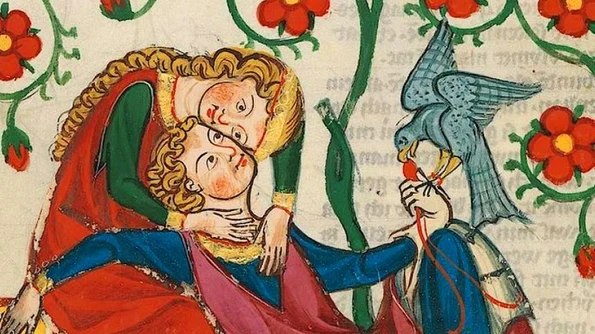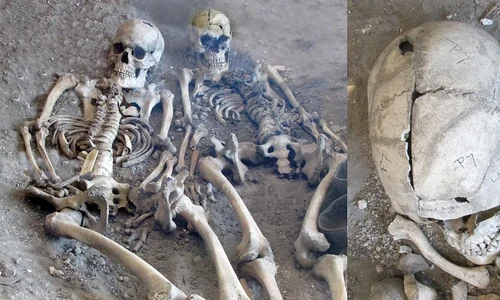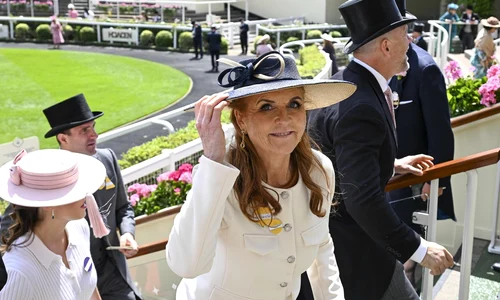
Love has a history of its own
When we say love, we’re overall inclined to think firstly about emotions, feelings, affection, so romantic love on the one hand, and more or less compassion and generosity on the other hand. But these meanings are far from being simple or constant or general. To put it briefly, love has a history.
Loving or falling in love hasn’t always been imagined the way it is today. If we take a glimpse throughout history, we’ll discover that there are various approaches to relationships and arranging them, depending on the values convened and cherished by a certain society. In other words, we are dealing with a cultural concept, a moral invention subjected to change and evolution.
In the past, love in a couple actually played a minor role, what gave the relationship meaning was how beneficial it was in terms of connections, status, wealth, or trade and war if we think of nobility or such. In contrast, practical considerations when entering a relationship are almost turned taboo, the discourse offered to society being centred on feeling. And yet money, power and land seem to have been perfectly natural grounds until a couple of minutes ago on the historic scale.
In this framework of marriage as a practical, the troubadours of the Middle Ages did certainly break convention by focusing on love as a romantic concept. They composed and sung many poems for the damsels they yearned for, but devoid of any practical considerations like financial or dynastic ones, moreover, the love they praised need not be reciprocated. Ideal love had nothing to do with household issues. And probably that was (and is still?) the acumen of its intensity.
Kings used to have mistresses all the time, it made perfect sense since the conventional nature of marriage enjoyed social awareness. Love was for entertainment and excitement, marriage for stability and continuity, the two rarely blended. The philosophy of romanticism attempted to overcome these traditional boundaries by attaching supreme significance to the erotic feeling. The 18thand 19thcenturies are full of stories of passion, drama, elopement or unrequited love. Ideas such as those of Jane Austen who underlined that anything was to be endured rather than marrying without affection, revolutionized love. However, whereas acknowledging the vital aspect of romance, the author also points out the importance of being practical, concluding that most marriages are unhappy due to the inability to combine both (food for thought?). Ahead of her time, she basically defined the modern notion of love as a hybrid enterprise, both an emotional investment and an administrative chore. Love is learnt, not quite natural.
Nevertheless, later on Darwinism came to defy such allegations by bringing forth the impulse-driven human nature and questioning monogamy itself. The idea of free love and sex gained tremendous popularity in the 60s, with all sorts of anarchist groups promoting a divorce from societal norms and a return to wilderness. Tempting as it may seem, such worldviews might also negatively impact social structures, as revealed by peaking divorce rates in the past few years.
But coming back to the main idea, what I’m trying to draw attention to is the cultural dimension of feeling, the multitude of meanings attached to it and additionally the need for context. As an example for such complexity, the Ancient Greeks identified five types of love:kinship and familiarity (storge), friendship (phillia), romantic love (eros), divine love (agape), xenia (hospitality). Needless to say that these meanings can overlap, but it shows that eros was only of the many nuances. In Sinic cultures, we can encounter concepts such as ‘ren’, meaning duty and attitude in a relationship, not love itself, or ‘ai’, a general unconditional care for all mankind. Persian culture emphasized that reaching divine love was the ultimate life goal. So in other words, whereas biologically and psychologically we can deduce explanatory patterns for affinity, as a cultural product love reveals its many challenging facets. What do you think?















